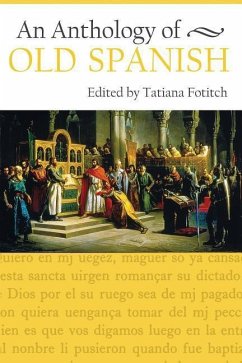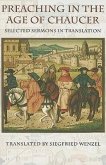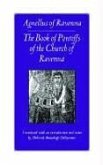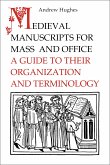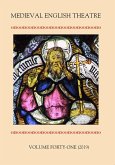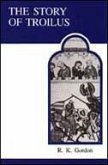"Fotitch has done a service to teachers and students of Medieval Spanish in offering a ready source of materials which are scattered in many places, all in a pleasing form." - Hispania "This book is a convenient chrestomathy, well presented, and beautifully printed. Fotich brings together, for students who wish to begin the study of Old Spanish, an excellent choice of texts, succinctly annotated and reproduced from the best sources." - Bulletin Hispanique Spanish is one of the most widely spoken languages in the world. But the modern version one hears or sees from Madrid to Montevideo, or from Sevila to San Salvador has evolved out of Old Spanish, the colloquial form of Latin spoken on the Iberian peninsula. Old Spanish developed its own literature, among the most famous works being El Cid, a poem composed in the late twelfth or early thirteenth century. In this book, Tatiana Fotitch compiles some of the most fascinating Spanish-language texts from the late-ninth or early tenth century through to the fifteenth century. The selections are specifically aimed to garner the interests of students as they begin the study of Old Spanish, and hence covers a wide variety of different types of material. The anthology includes examples of Mozarabic poetry; the twelfth century Auto de los Reyes Magos and Cantar de Mio Çid; as well as the thirteenth century Roncesvalles, which tells of how Charlemagne, after the battle, mourns his chieftains. Fotitch also includes Gonzalo de Berceo's Milagros de Nuestra Señora and several works by Alfonso the Wise, including his Libro de las partidas. Fotitch also includes the famous poem El Libro de Buen Amor as well as the playful set of fables known as El Libro de los Gatos.
Hinweis: Dieser Artikel kann nur an eine deutsche Lieferadresse ausgeliefert werden.
Hinweis: Dieser Artikel kann nur an eine deutsche Lieferadresse ausgeliefert werden.

